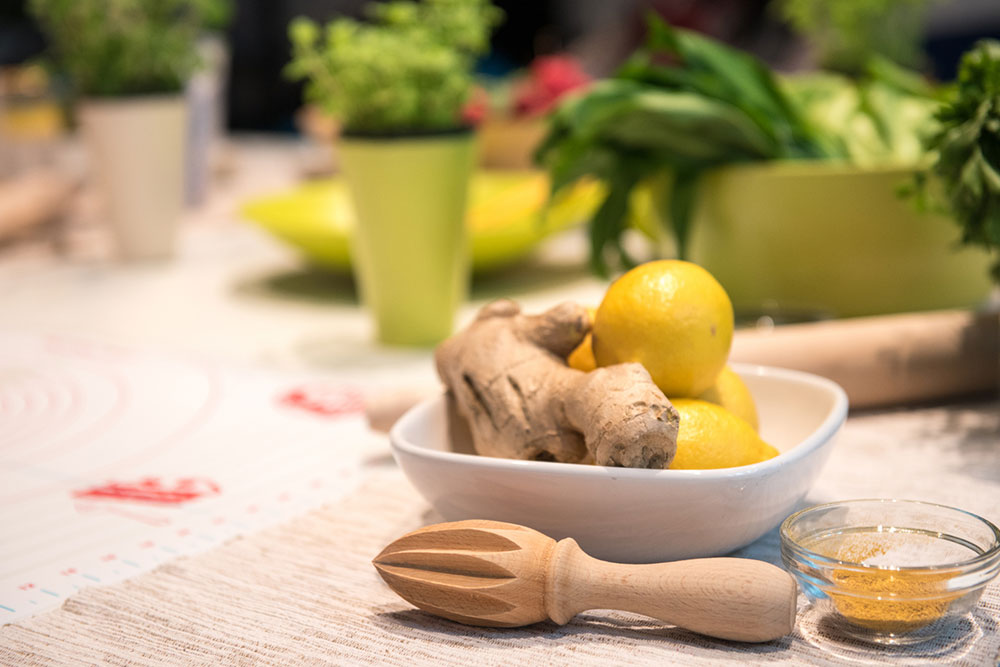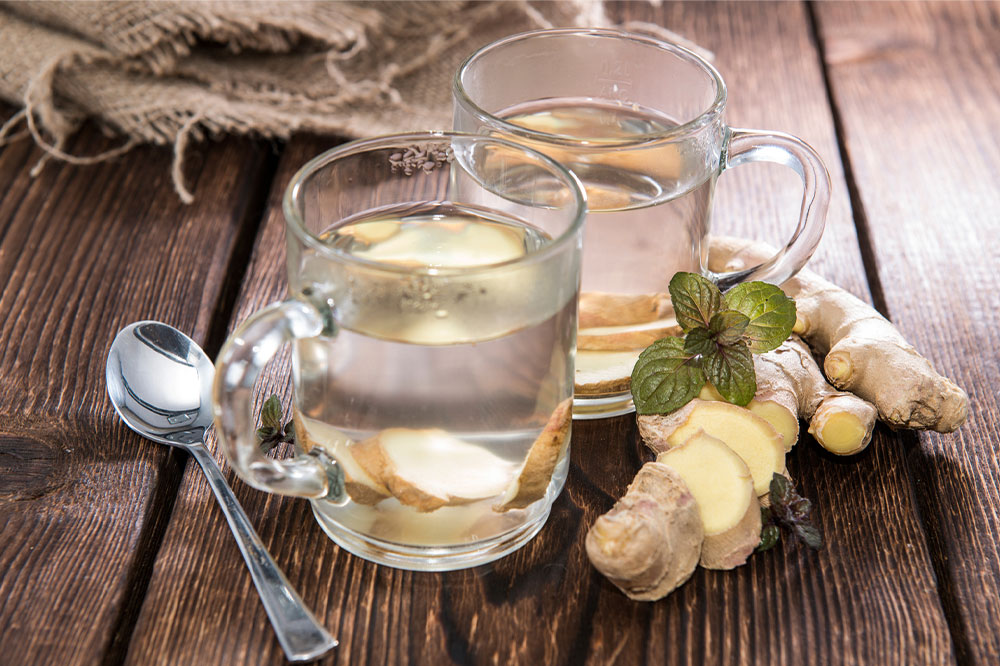Holistic and Natural Approaches to Supporting Breast Cancer Treatment and Wellness
Explore comprehensive natural and holistic strategies to support breast cancer treatment and improve overall well-being. Learn about dietary choices, lifestyle improvements, and complementary therapies that can enhance conventional care, bolster immunity, and promote quality of life during cancer management.

Natural and Holistic Strategies to Complement Breast Cancer Management
Breast cancer continues to be the most commonly diagnosed cancer among women worldwide, posing significant health challenges globally. According to recent statistics, approximately one in every eight women in the United States will face a breast cancer diagnosis at some point in their lifetime. The disease's prevalence has seen a dramatic rise over the decades, with studies indicating a quadrupling of cases from 1970 to 2014. While conventional treatments such as surgery, chemotherapy, radiation, and targeted therapies remain the cornerstone of breast cancer management, increasing attention is being paid to complementary and natural strategies that can support patient health, improve quality of life, and potentially enhance treatment outcomes.
Incorporating a nutrient-rich diet, maintaining an optimal body weight, and engaging in regular physical activity are pivotal components of a holistic approach to breast cancer support. These lifestyle factors do not replace medical treatments but can work synergistically to bolster the immune system, reduce inflammation, and possibly slow disease progression. While no single food or supplement can cure breast cancer, certain natural foods contain compounds that may possess anti-cancer properties, support immunity, and alleviate treatment side effects.
Dietary Strategies to Support Breast Health
A variety of plant-based foods are recognized for their potential benefits in cancer prevention and support. Among these, garlic is often celebrated for its rich phytochemicals and sulfur compounds, which can deactivate carcinogens and inhibit the formation of new blood vessels that supply tumors. Incorporating garlic into daily meals is a simple yet effective way to leverage its health-promoting properties.
Cruciferous vegetables such as broccoli, cauliflower, Brussels sprouts, and cabbage contain powerful compounds called glucosinolates, along with antioxidants that help reduce inflammation and support the immune system. Regular consumption of these vegetables has been linked to a lower risk of various cancers, including breast cancer.
Grapes, especially red and purple varieties, provide resveratrol — a natural polyphenol with notable antioxidant and anti-inflammatory effects. Resveratrol has been under scientific investigation for its role in inhibiting cancer cell growth and inducing apoptosis (programmed cell death) in abnormal cells.
Green tea is renowned for its high content of catechins, particularly epigallocatechin gallate (EGCG), which demonstrate protective effects against oxidative stress and may inhibit tumor growth. Drinking green tea regularly can be a part of an anti-cancer supportive diet.
Phytoestrogen-rich foods like soy products (tofu, tempeh, soy milk) can help balance hormones and may play a role in breast cancer risk reduction, especially in hormone receptor-positive cases. Whole grains and healthy fats from sources such as flaxseeds and chia seeds also support overall health.
Supporting Overall Wellness with Lifestyle Choices
Maintaining sufficient vitamin D levels, achieved through safe sun exposure and dietary sources, has been associated with better outcomes in some breast cancer cases. Additionally, engaging in consistent physical activity, such as walking, swimming, or yoga, not only helps maintain a healthy weight but also enhances immune function and reduces stress levels.
A low-calorie diet rich in fruits, vegetables, and whole grains can contribute to weight management, which is beneficial since excess body fat has been linked to increased breast cancer risk through hormonal and inflammatory pathways. Incorporating green leafy vegetables like spinach, kale, and Swiss chard provides abundant antioxidants, further supporting the body's defenses against cellular damage.
Complementary Natural Therapies
While dietary and lifestyle modifications are valuable, they should complement conventional medical treatments under the guidance of healthcare professionals. Additionally, natural therapies such as massage, acupuncture, and herbal supplements may help manage side effects associated with cancer treatments like fatigue, nausea, and pain. These approaches can promote emotional and physical well-being, fostering a more holistic healing process.
It's essential for patients to consult with their medical team before initiating any new supplements or therapies to ensure safety and compatibility with their treatment plans. A personalized and integrated approach, combining medical treatment with supportive natural strategies, can empower women to take an active role in their healing journey while optimizing overall health and resilience.
In conclusion, while natural and holistic approaches cannot replace traditional breast cancer therapies, they offer meaningful ways to support health, strengthen immunity, and improve quality of life. Emphasizing a balanced diet rich in vegetables, fruits, and phytochemicals, coupled with regular exercise and stress management techniques, can make a significant difference in the holistic management of breast cancer.





